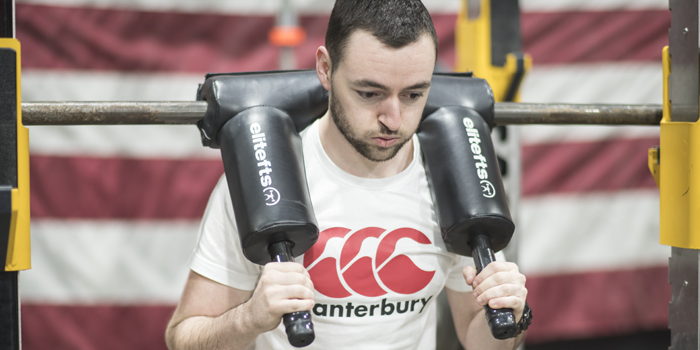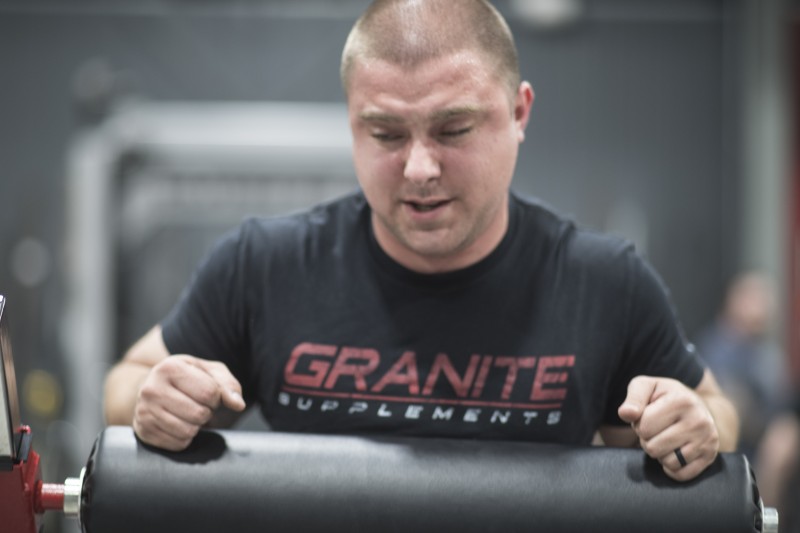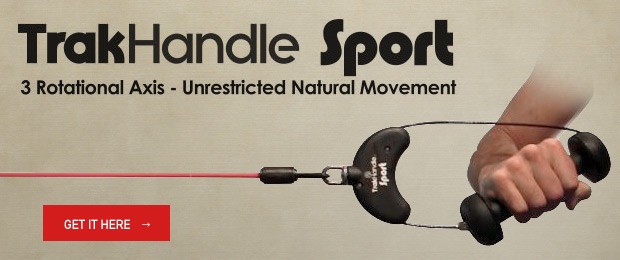
I am lucky enough to wake up every day and help the youth in my area grow. As a strength and conditioning coach at a baseball training center and as a counselor at an elementary school, I tend to always be looking for ways to helping my students and athletes become the best possible versions of themselves. (It is also pretty evident that I do not enjoy making large amounts of money or taking vacations, but that is a story for another day.) As any coach, trainer, or teacher will tell you, it is impossible to want something for our athletes or students. We cannot want or desire something for them. It is impossible. They need to want to do it and have the drive to do everything they can to get it. How do we get those we teach, educate, and train to want something?
A swift kick in the ass? Enjoy your prison sentence.
A motivational speech? This isn’t a movie, champ.
See, as a firm believer in the Jim Wendler mantra of “dedication over motivation” I believe that motivation is like a fart in church: it may make a big impact in the short term, but it fades quickly and most of the time just stinks. Most of the time, the reason that athletes may produce lackluster results or fail to even complete a goal they set for themselves is because they do not believe in themselves or believe that they can attain a certain level of performance. This is known as a lack of self-efficacy and it is the key to helping people achieve the goals they have for themselves. It is truly the science behind getting shit done.
Self-efficacy is a term that was coined by Dr. Albert Bandura and it basically means the confidence we have in ourselves to complete a certain task. This is not something that you are either born with or born without. It is more so a skill that we can train and develop over time. How does somebody develop their self-efficacy? According to Bandura, there are four major sources contributing to a person's individual self-efficacy.
1. Mastery Experiences
This is the number one way an athlete can either positively build or negatively deconstruct their self-efficacy. Mastery experiences are the positive experiences we have completing a specific task. The more we find ourselves in the position to complete a certain task or in a situation that we seem to have control over, we begin to develop a strong sense of self-efficacy about completing that task.
The more you complete a certain task, the better you will feel about completing that task in the future. The less you complete a certain task, or the less success you have had with it in the past, the worse you will feel about completing it. For example, let's say you are a powerlifter and you decide that your opening squat is going to be 500 pounds. If throughout your training you have been utilizing a proper training program from a qualified coach, you will have put the time under the bar to feel confident with that weight. You may have even hit the weight a few times during your training program. The key is that the more times you have spent successfully completing a task such as squatting a certain weight, the more confident you will be to open with that number due to the experiences you have developed and completed successfully. Pretty simple, right? This is not to say that you won’t miss the weight due to lack of focus, a random injury, a crappy weight cut, or any unforeseen circumstance that may rear its ugly head. It is merely saying you will feel confident about completing the task successfully due to having done it in the past.
Fun fact: just like everything in the world of the human psyche, things are not always so black and white. For example, if you have an athlete who has never failed, struggled, or had to fight for anything, they will tend to have a negative sense of self-efficacy when things begin to get difficult. Keep that in mind when dealing with the “gifted” or “naturally talented” athletes who seem to not have to try as much as the others. If you are seeing these sorts of athletes skating through workouts and getting by with their talents alone then that will negatively affect them in their future when times inevitably get hard. We need to help them to gain the confidence to fight and compete when things get difficult.
2. Vicarious Experiences
The second way in which self-efficacy is developed is through vicarious experiences. Vicarious experiences are situations where we see people who may be like us, putting the work in and finding success. With the growth of social media such as Instagram, this is easier than ever to experience. Watching people who may remind us of ourselves or embody the characteristics of what we want to become is a great way to slowly build up self-efficacy over time and help you visualize success in your own life. The greater the connection we can make to the “model” and to ourselves, the greater the impact that person’s success will have on our own positive self-image of our own potential success.
3. Verbal Persuasion
Source number three for building self-efficacy is the one that is the most important for coaches or trainers: verbal persuasion. Now, this is not merely the thoughts and voices of everyone we meet. These are the opinions of people we consider near and dear to us. These are the opinions of the people that matter most in our lives. Parents, coaches, trainers, managers, brothers, sisters, or whoever it may be, the fact of the matter is that their opinions matter. There are exceptions to this rule, as with any rule. There are people that do not need nor respond positively or negatively to the opinions of those closest to them. There is nothing that anyone can say that would sway the opinions of these people, but for the most part, people respect and cherish the opinions of the people that they love or respect.
This is where you come in as a coach. If you are respected or liked by your athletes, you have quite a bit of power when it comes to building up your athlete’s perceptions of themselves. I understand the benefit of being a hardass towards your athletes because—let's face it—many of them need it. However, this is not to say that we cannot promote their sense of self-efficacy by throwing them a few compliments here and there. A few kind words go a long way when dealing with athletes, especially youth athletes. Now, this does not mean that you go and blow smoke up their ass. This is more saying that as coaches we need to always be thinking about doing everything we can to help our athletes succeed. How we say things and interact with our athletes is just as important as what we are saying. Social skills go a long way. It can be as simple as saying they are doing a good job in between making them sprint until they puke — you know, balance.
4. Physiological Feedback (Emotional Arousal)
People experience sensations from their body, and how they perceive this emotional arousal influences their beliefs of efficacy (Bandura, 1977). This means that two athletes may be feeling the exact same physiological response to competition (sweating, increased heart rate, butterflies in the stomach) but they can have two different perceptions of what their body is doing. Athlete A may believe that those signs are showing how nervous he or she is, thus leading to negative self-talk and a potentially negative performance. Athlete B may interpret those feelings as just a part of his or her pregame experience. They believe that those feelings are what happen when they are getting “in the zone” and ready to compete. This sort of positive self-talk can lead to better performance because the athlete believes that they are in control and ready to compete.
So how, as coaches, can we utilize this information to better support our teams and athletes? Well, the bottom line is that we need to merely be aware of how much of a mental impact the world that our athletes live in has on them. If you see your normally productive athlete having a bad couple workouts, ask them what is going on and let them know that you are there to talk if need be. It may sound “soft” but it means the world to youth (and any age) athletes. We as coaches tend to focus primarily on the physical aspect of training such as the weight on the bar, the tension in the bands, the rest intervals, and the total amount of volume. What we need to do is get to know our athletes better so that we can help them develop tools and abilities to believe in themselves and have confidence in their abilities. We do this by being good role models for them and by creating an environment of learning where they can fail fast and learn to become better athletes on the field and better people off the field. Putting in a little extra work on our end can have a massive benefit for that athlete throughout their entire lives.
References
- Bandura, A. (1977). Self-efficacy: Toward a unifying theory of behavioral change. Psychological Review, 84, 191-215.
- Bandura, A. (1984). Recycling misconceptions of perceived self-efficacy. Cognitive Therapy and Research, 8, 231-255.










